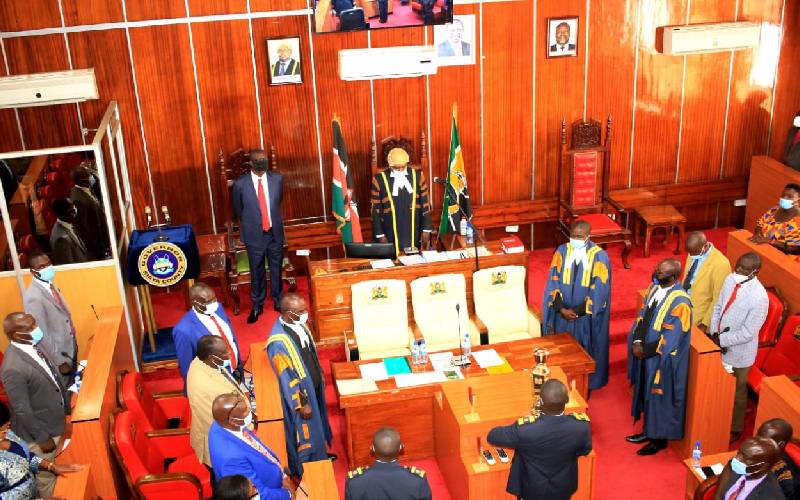 When Captain Thomas Sankara came into power, he changed the name of his country from Upper Volta to Burkina Faso, literally, “The land of the upright men.” Among other memorable things he did was to decree that all government officials would have to make do with the most basic means of transportation. Leading by example, he discarded the ostentatious motorcades so beloved by African presidents and was often seen riding a bicycle to work.
When Captain Thomas Sankara came into power, he changed the name of his country from Upper Volta to Burkina Faso, literally, “The land of the upright men.” Among other memorable things he did was to decree that all government officials would have to make do with the most basic means of transportation. Leading by example, he discarded the ostentatious motorcades so beloved by African presidents and was often seen riding a bicycle to work.
Cars have always been symbols of success in Africa. One is respected or disdained according to the vehicle they own. Premium is placed on big fuel guzzlers so that one is deemed to have made it in life only when they drive such. The means of attaining these is of no consequence. Appearances trump all sense of propriety to the extent that even thieves are celebrated as long as they have the accoutrements of what is accepted as success.